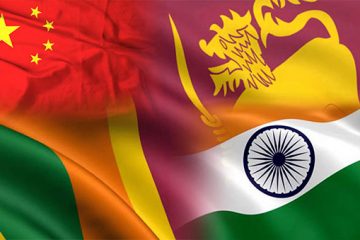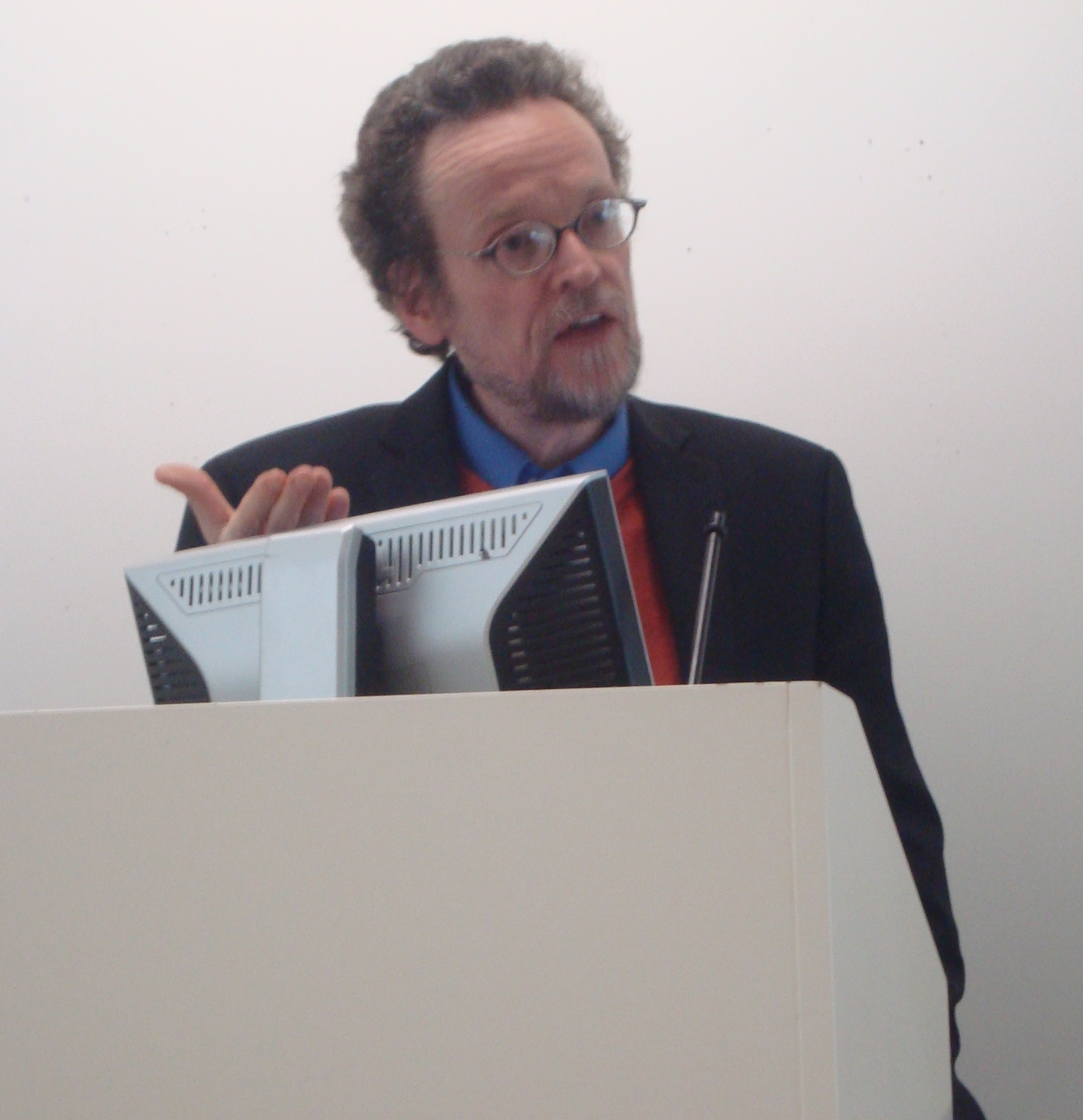
WILL HISTORY REPEAT ITSELF WITH PRESIDENT TRUMP’S TRADE WAR WITH CHINA?
The iconic statue of the first American postmaster general Benjamin Franklin greets visitors to the Old Post Office Pavilion in the heart of the US capital: Washington, DC. The edifice is now home to the luxurious and controversial Trump International Hotel on Pennsylvania Avenue at the mid-point between the US Capitol Building and the White House. The hotel webpage invites guests to “share tea” in the Benjamin Bar to discuss “social and economic affairs” as it was the “‘established custom’” in colonial America. It further states that “we agree with Franklin” and delight to “serve tea from China.” The page indicates that Franklin had stated “‘at least a million Americans drink tea twice a day,’” Yet, he was “unable to …

Caught in Indo-Chinese Crosswinds? Charting a Pragmatic Foreign Policy for Sri Lanka
Competition is a natural by-product of major powers navigating an anarchic world. Small states face a dilemma, when caught in the middle between two rivaling major powers. Sri Lanka in particular, has captured international attention as a key battleground between Beijing and New Delhi in their tussle for influence in South Asia. Whilst some scholars argue that the island is a personification of China’s ‘debt trap diplomacy,’ others contend that China’s influence should not be exaggerated, as Chinese lending amounts to less than 15% of Sri Lanka’s total external debt. Concerns over Sri Lanka’s sovereignty have been rife following the US $ 1.12 billion debt-to-equity swap of the Hambantota Port Agreement and the proposed lease of the Mattala International Airport …

Thomas Pogge on “Globalization, Inequality and the State” Lessons from the International Financial Playground
A few weeks ago I had the opportunity to attend a talk given by Mike Bonnano, one of the Yes Men (self-proclaimed social justice pranksters famous for impersonating the CEOs of Dow Chemical, General Electric and similar corporate giants in the international media). Bonnano spoke about the need for a “post-ideological revolution” in which we rethink the existing inequalities in income and opportunity and return to the values we all learned when we were children: simple ideas such as sharing, respecting others, and fairness. These words stuck with me, and retained their salience as I listened, a week later, to Dr. Thomas Pogge speak on the topic of “Globalization, Inequality and the State.” Dr. Pogge is a renowned expert on …









